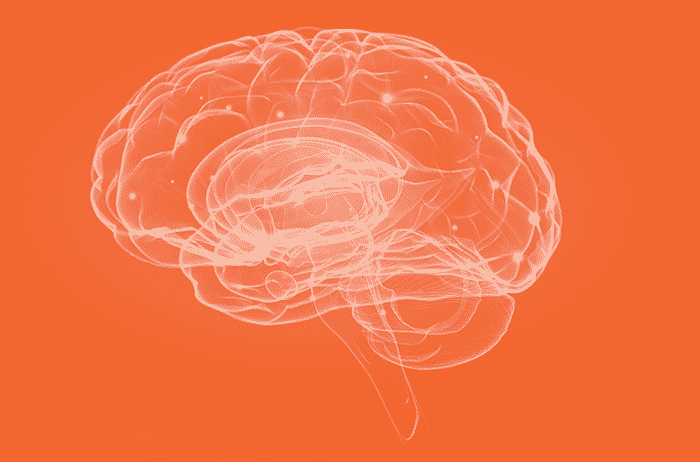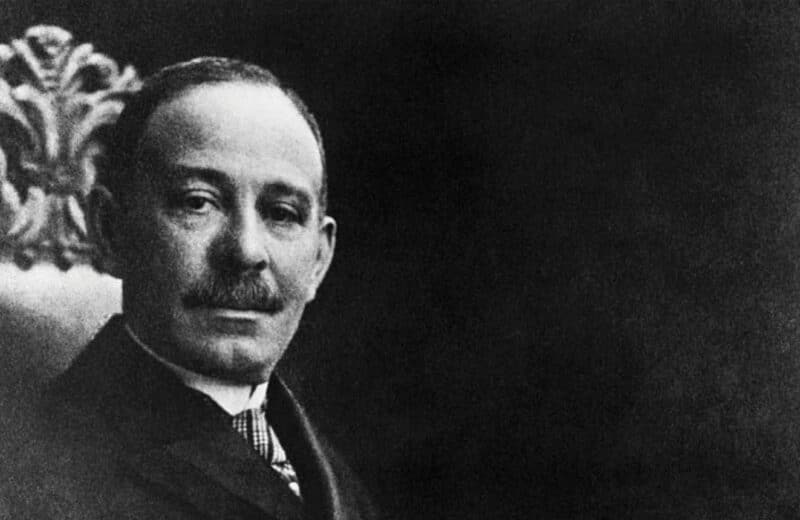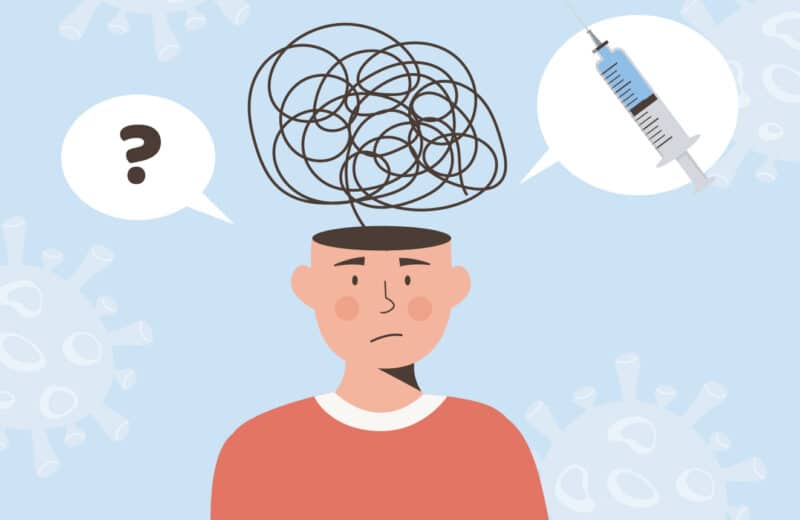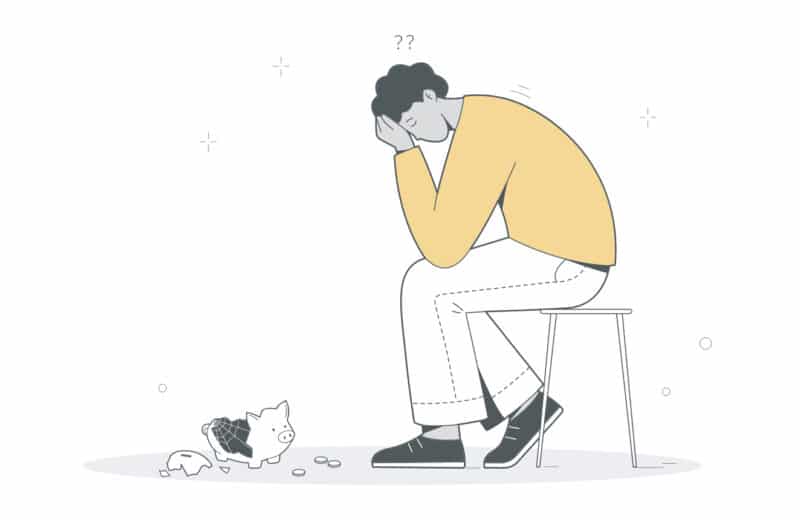As we age, our brains begin to decline, and problems start to arise
The brain is the epicenter of our existence. It controls our thought, memory, motion and reasoning. But as our bodies age, our brains do, too.
As neurons die, regions of the brain begin to shrink. Some people experience a progressive decline into dementia, a condition that can eventually interfere with daily living activities. Everyone forgets things occasionally. We can’t remember where we put the car keys or the name of a former classmate.
But dementia and neurodegenerative diseases, like Alzheimer’s and Parkinson’s, are not a normal part of the aging process. “Parkinson’s and Alzheimer’s are age related,” says Marek-Marsel Mesulam, MD, director of the Cognitive Neurology and Alzheimer’s Disease Center at Northwestern University’s Feinberg School of Medicine. “The risk of getting those diseases increases the older you get. But that’s not the same thing as saying that age causes these diseases or that they are normal parts of aging. Age is a risk factor, but it is not a cause.”
Risk factors can develop over many years, starting in midlife, says Raj C. Shah, MD, associate professor of family medicine with the Rush Alzheimer’s Disease Center. “Our brain, with its billions of neurons, is able to tolerate [certain changes] when some of the proteins associated with Alzheimer’s disease, vascular disease or Parkinson’s disease start to accumulate,” Shah says. “But eventually, when enough of these changes happen, those neurons don’t function as well, and we develop thinking, functioning or mood problems.
“We worry about the end point—when somebody has dementia due to Alzheimer’s disease or when they have Parkinson’s disease or when they’ve had a stroke. In reality, those things are the tip of the iceberg. The changes have been going on for decades.”
Researchers are studying what goes wrong in the brain, searching for clues about how to repair it after injury and creating therapies for people with brain damage from stroke or degenerative disorders. Through studies and new developments, they hope to unlock the mystery of the brain, helping people maintain their cognitive and motor functions longer.
The Fall/Winter 2016 issue of Chicago Health focuses on the brain, including articles on Alzheimer’s, Parkinson’s, stroke, memory care facilities and the MIND diet, along with other stories about the brain.













